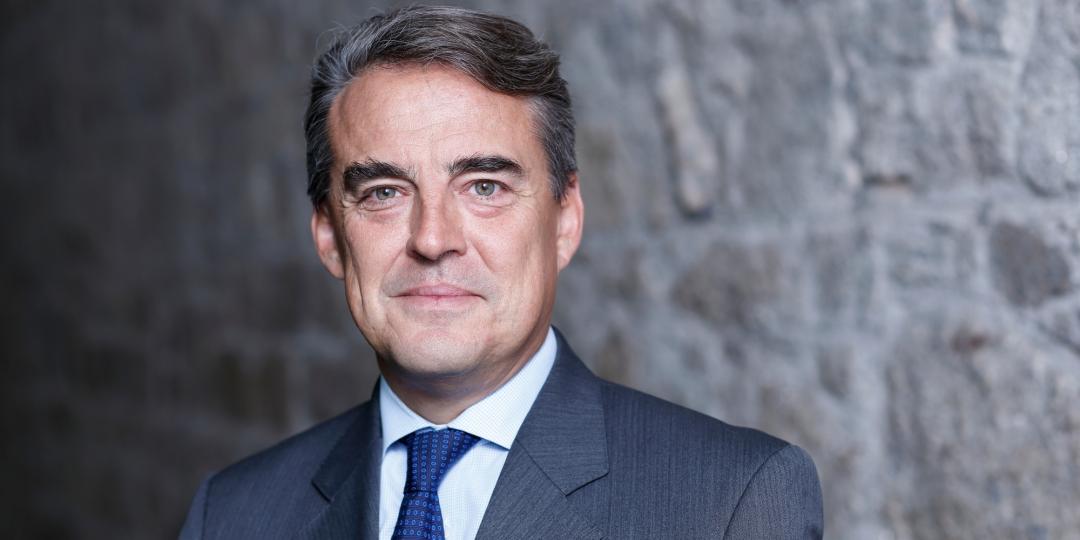Iata predicted, during a weekly online media update on April 21, that, worldwide, domestic flights would recover sooner than long-haul, but the economic repercussions of COVID-19 would result in a slow recovery.
Brian Pearce, Iata Chief Economist, gave figures showing that domestic flights worldwide were currently down by 70%.
“The economic environment that we are expecting over the next six months is really not conducive to any substantial return to air travel for financial reasons. We are expecting to see that recovery in the third quarter to be relatively modest,” said Pearce. He said recession would damage passenger confidence in the third quarter.
He drew on the examples of China and Australia, where new COVID-19 infection rates have fallen to very low levels, and early indications of cautious return-to-travel behaviour are being seen. In China, there has been a slight boost in business, but not consumer, confidence. In Australia, domestic demand has continued to deteriorate even after the rate of new infections fell into single digits, and there is still no sign of a recovery.
Iata DG and CEO, Alexandre de Juniac, said: “Passenger confidence will suffer a double whammy, even after the pandemic is contained – hit by personal economic concerns in the face of a looming recession on top of lingering concerns about the safety of travel.
“People still want to travel. But they are telling us that they want clarity on the economic situation and will likely wait for at least a few months after any ‘all clear’ before returning to the skies. As countries lift restrictions, confidence-boosting measures will be critical to re-start travel and stimulate economies.”
Pearce emphasised that restoring passenger confidence was crucial. An Iata survey done in April showed that 40% of passengers said they would wait six months or longer before travelling. The survey was conducted in Australia, Canada, Chile, France, Germany, India, Japan, Singapore, United Arab Emirates, the United Kingdom, and the United States.























